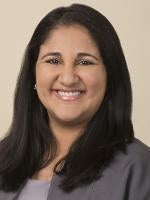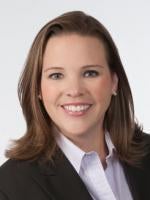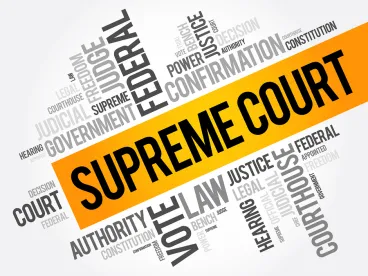The U.S. Supreme Court announced on June 28 that it had granted a petition for a writ of certiorari to review the judgment of the U.S. Court of Appeals for the 10th Circuit in Obduskey v. McCarthy & Holthus LLP, et al., and resolve a circuit split on whether the Fair Debt Collection Practices Act (FDCPA) applies to non-judicial foreclosure proceedings. Because the Supreme Court's decision in Obduskey will determine whether the FDCPA's protections apply in countless non-judicial foreclosure actions, it could have a significant financial impact on the mortgage industry.
In Obduskey, the 10th Circuit, agreeing with the U.S. Court of Appeals for the Ninth Circuit and numerous district courts, ruled that a law firm hired to pursue a non-judicial foreclosure under Colorado law was not a debt collector as defined under the FDCPA. The 10th Circuit focused on what it called the "critical difference" between judicial and non-judicial foreclosures—namely, that a non-judicial foreclosure does not automatically result in the right to collect a deficiency judgment against the mortgagor. Instead, it only results in the enforcement of a security interest and the right to collect the proceeds of sale of the collateral, which would then be applied against the debt. To obtain a deficiency judgment, a mortgagee in Colorado would have to file a separate judicial action.
The 10th Circuit reasoned that because "debt is synonymous with 'money,'" the FDCPA applies "only when an entity is attempting to collect money." The court rejected the argument that Section 1692i of the FDCPA, which refers to "legal actions by debt collectors" and dictates the venue for such actions, is evidence that Congress intended the FDCPA to apply to non-judicial foreclosures. Instead, the court found that "action" is generally understood to imply a "judicial proceeding," and a non-judicial proceeding "plainly" did not fall under that definition. Thus, the court held that non-judicial foreclosures are not covered under the FDCPA.
Contrary to this analysis, the U.S. Courts of Appeals for the Fourth, Fifth, and Sixth Circuits, as well as the Colorado Supreme Court, have held that the FDCPA applies to non-judicial foreclosure proceedings because every foreclosure action is undertaken for the purpose of obtaining payment on the underlying debt. The respondents to the petition for certiorari argued that these decisions involved sharply different factual circumstances, in that they involved judicial or quasi-judicial foreclosures, and that as a result their holdings are entirely consistent with the 10th Circuit's ruling in Obduskey. Petitioners countered by asserting that the precise fact-pattern in every case in the split, including Obduskey, involved entities pursuing foreclosure without seeking a deficiency judgment.
As such, in addition to resolving the question of whether the FDCPA applies to non-judicial foreclosures, the Supreme Court's decision in Obduskey could clarify whether the FDCPA applies to all foreclosure proceedings, judicial and non-judicial. Alternatively, the Court could issue a narrower decision that focuses on whether the foreclosing entity has demanded payment from a debtor in a way that is aggressive or unlawful under the FDCPA—which could place it under the definition of a "debt collector."
Some courts, including the U.S. Court of Appeals for the Third Circuit, have expressed concern that if the FDCPA does not apply to non-judicial foreclosure proceedings, it would immunize debt secured by real property where the foreclosing entity demands payment or uses foreclosure as a threat to elicit payment. The 10th Circuit in Obduskey considered this issue, and found that the law firm handling the foreclosure did not demand payment or use foreclosure as a threat to elicit payment, but had only sent one letter notifying the mortgagee and plaintiff, Dennis Obduskey, that it had been hired to commence foreclosure proceedings.






 />i
/>i

